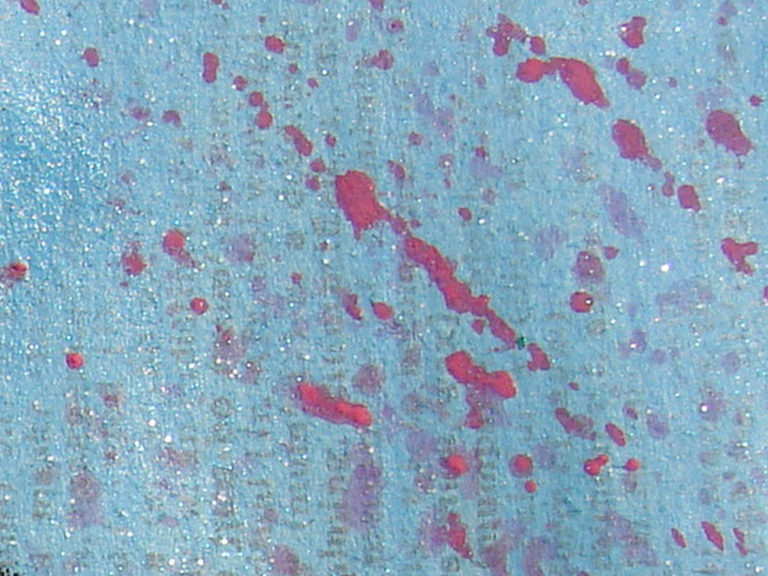I bought a house on the island. They gave me work at the university.
A house! What will I write, if everything is okay now? Now what will
I yell at the world? Instability lent my words a careening drive; I sat
down to compose my ruminations; the straightjacket of this knit with
what Shakespeare writ settled me down as I flailed at fortune. Now I
make money. I bought what I wanted. I don’t know how to dream
without the opposition of the force that trained me after loss. A house!
Doors, windows, laminate! When I listen, my heart asks what a house
is to me: a brickshaped trophy, a workingclass sorrow, the comfortzone
we inhabited while glancing rearward at our frauds? Someone’s
conquest (turned into owning-a-house) forgiven now, tacitly whitewashed
by friendly financiers’ deeding? What I earned was financial,
systemic, borrowed against our lakes and air. Under the ground where
the house sits, beneath the surface I purchased, are exploitable minerals;
Canada’s government keeps the rights as the Crown’s. If they
want to put a new pipeline beneath my lawn, they can. I have met the
conditions for the lenders’ approval, which makes me a citizen at last.
How can a homeowner feel othered? Petty griefs may have done their
spite, but I made it into the belonging set: I am welcomed by insurers
and home fashion retailers. Suddenly my design taste matters; finally
I understand the way everyone else worries. We fight off fortune’s
might, and other strains of woe, by owning something. Choice words
now seem woefully meagre compared with the potential loss of this
centre. Poetry will know its place—its emergent properties—from
now on.
Originally published in White Wall Review 41 (2017)

